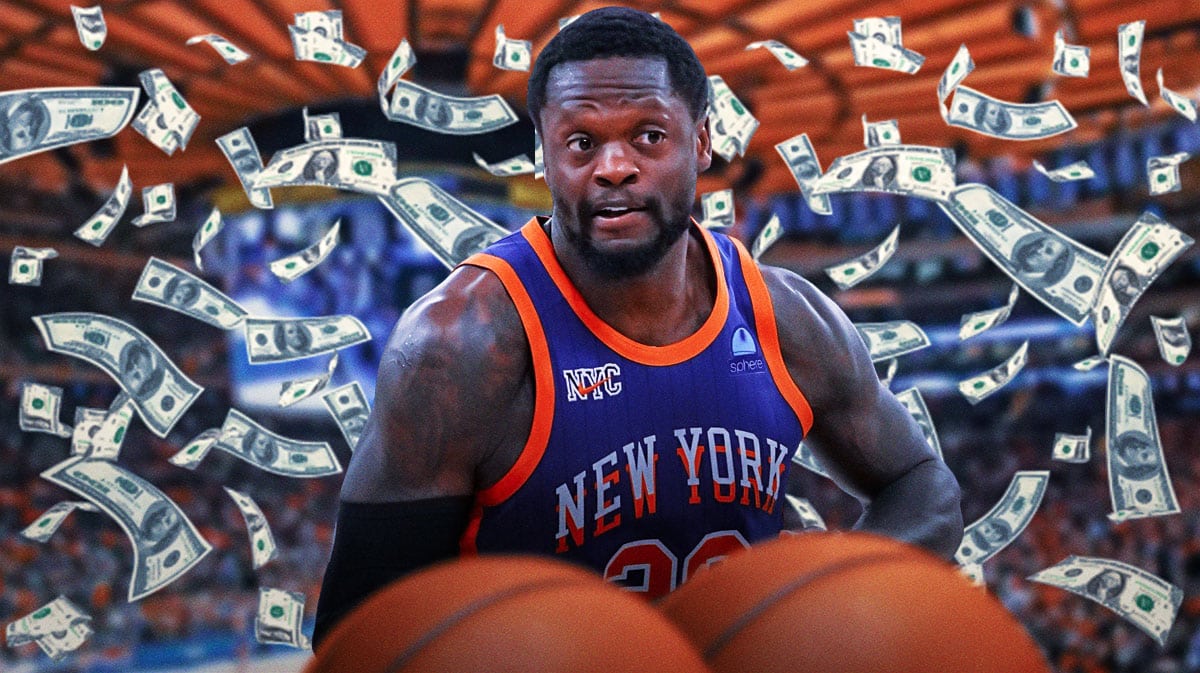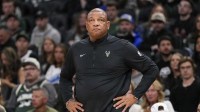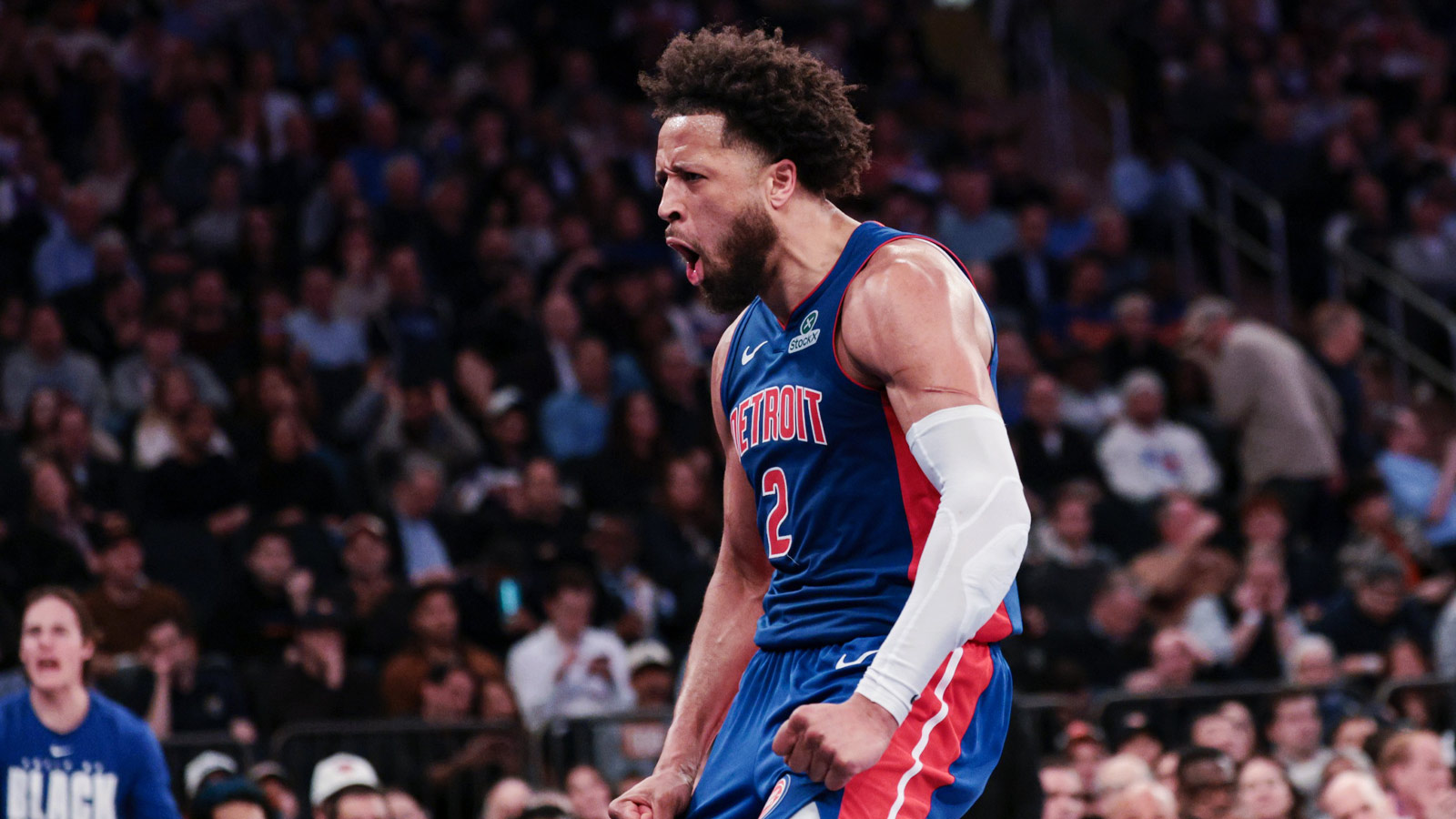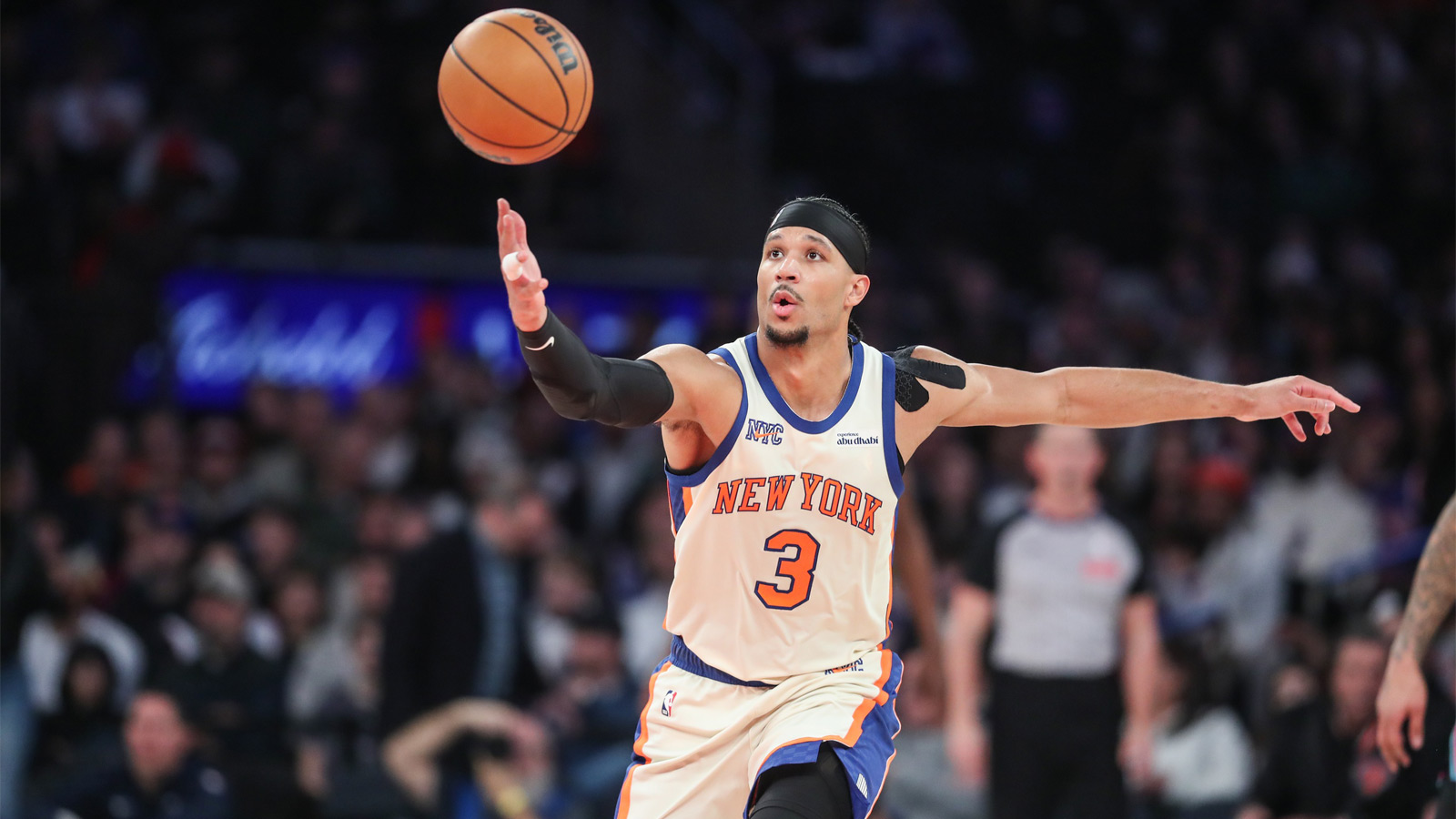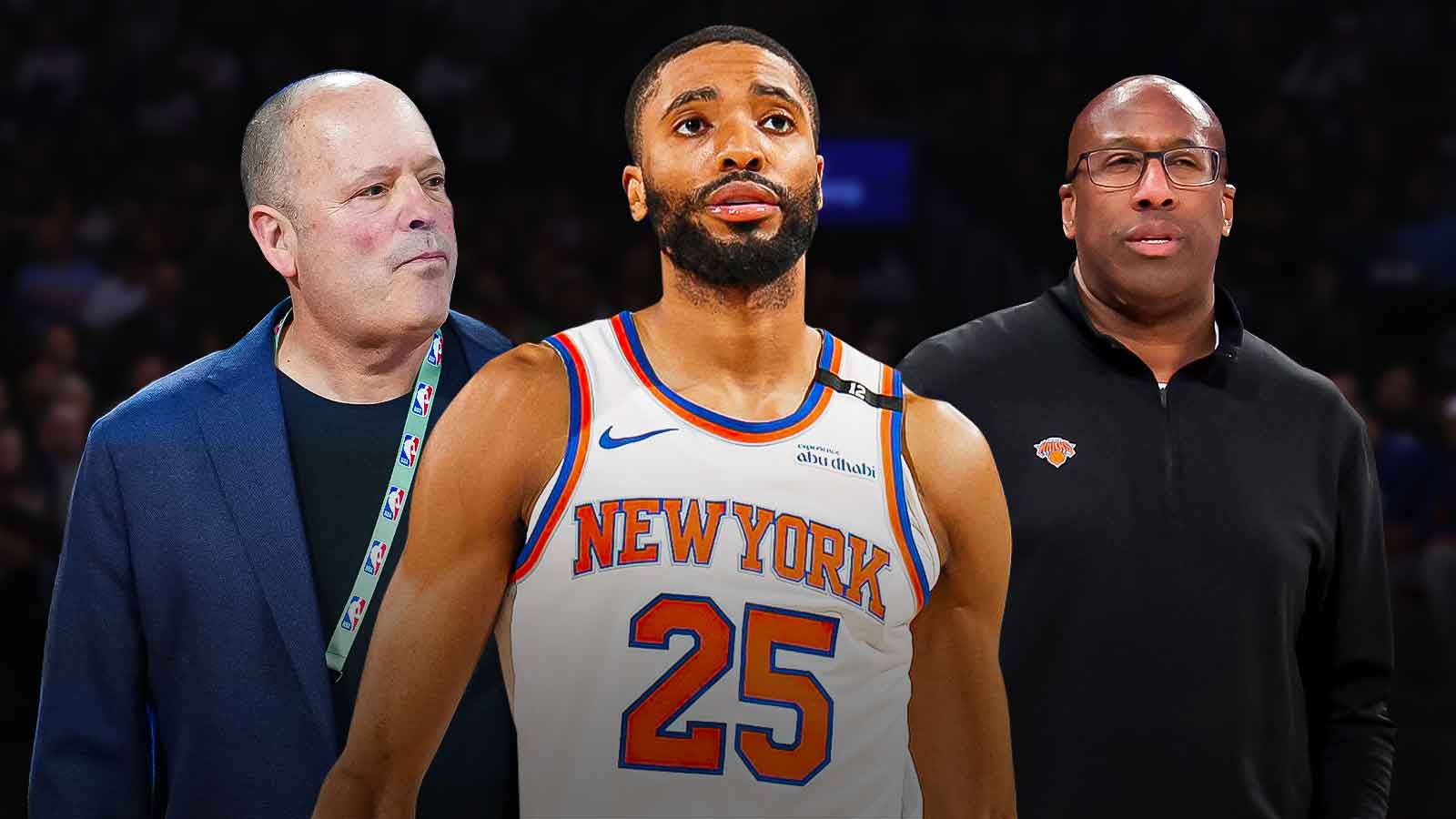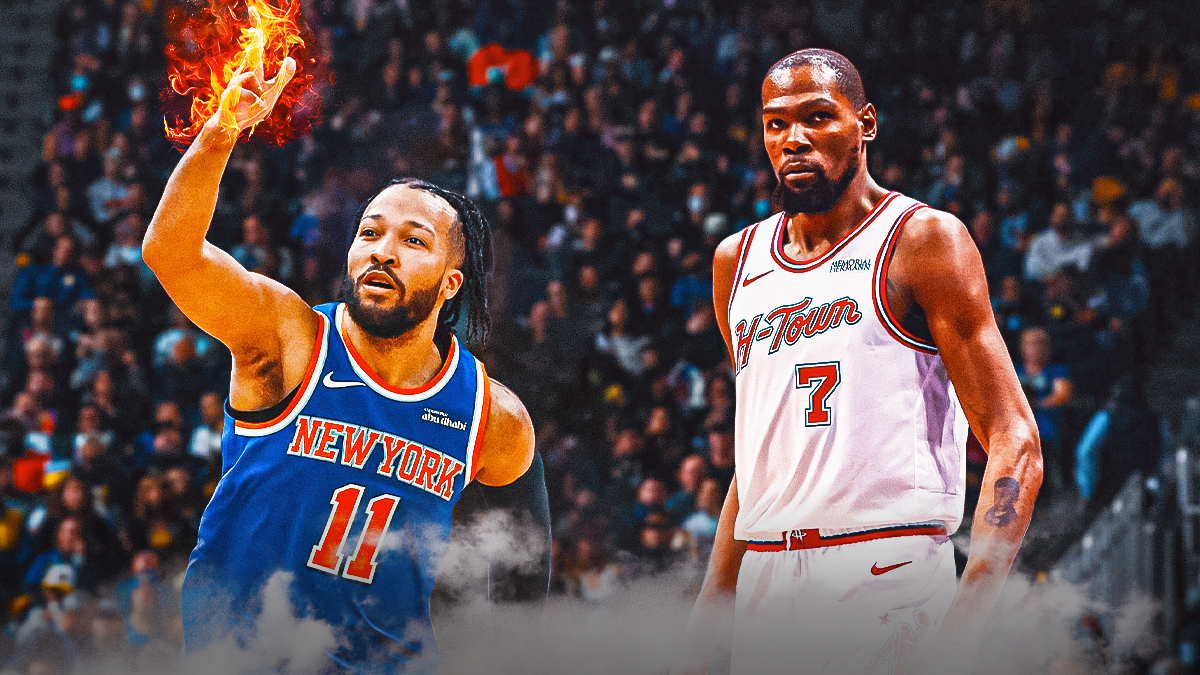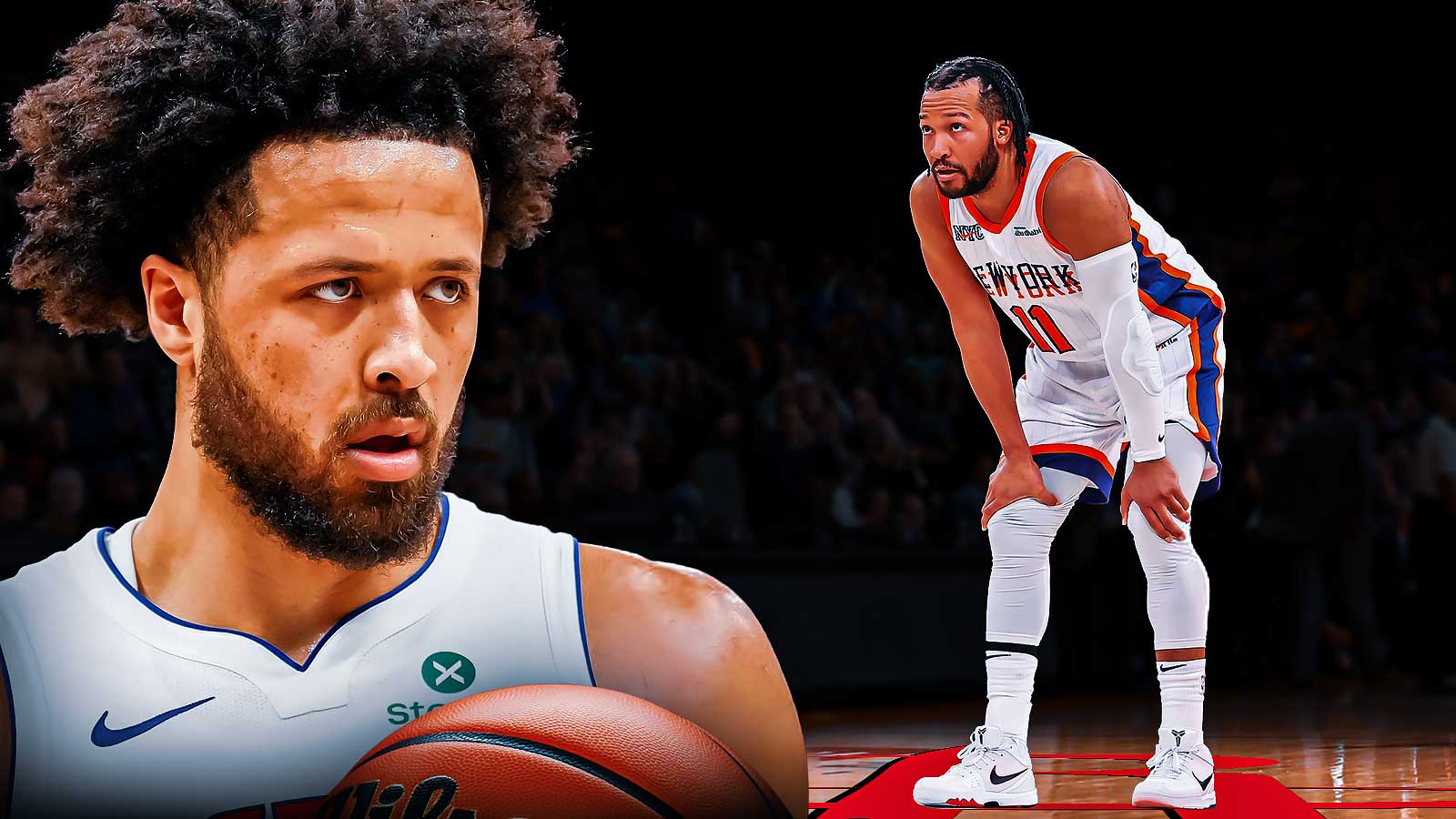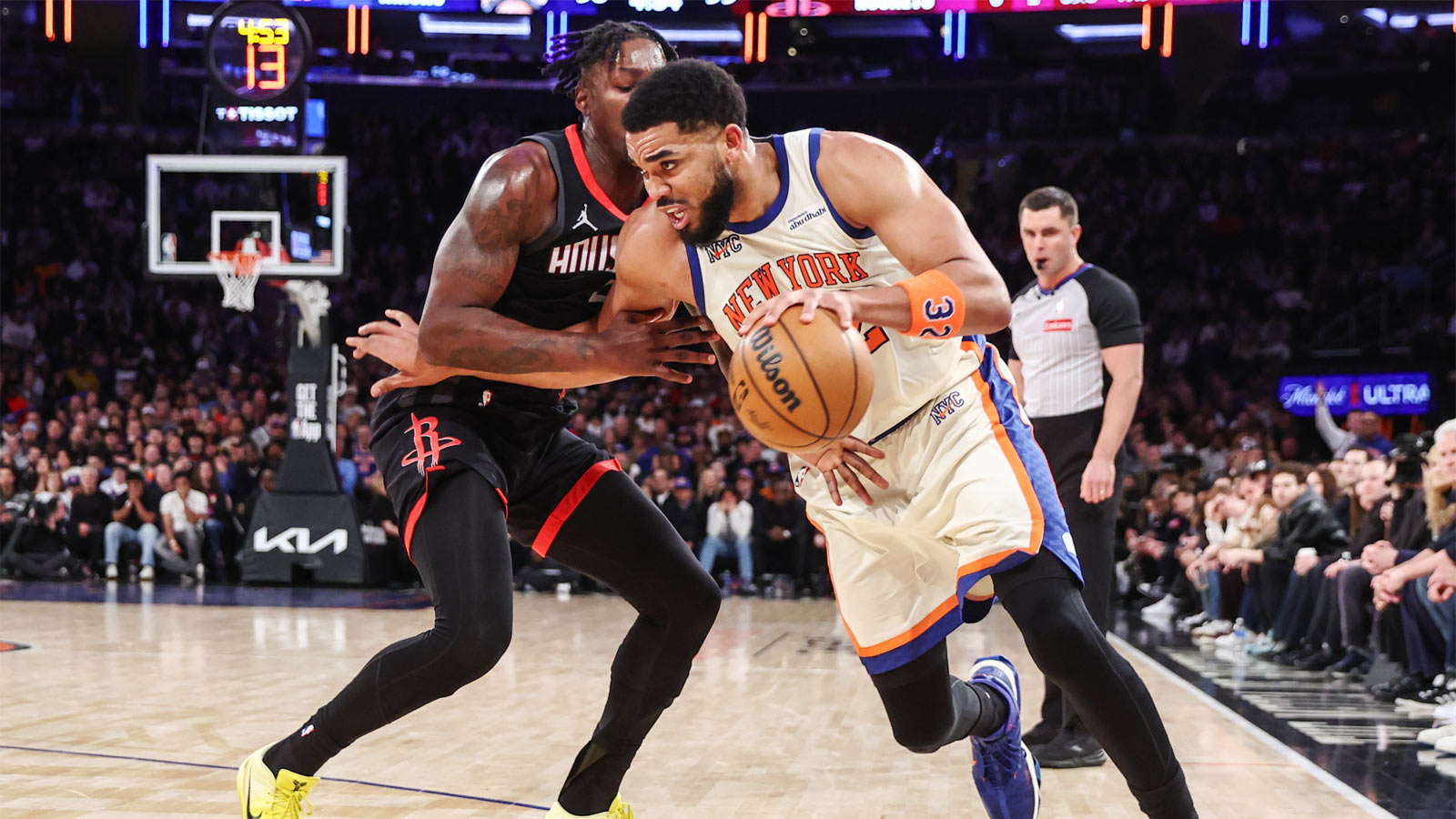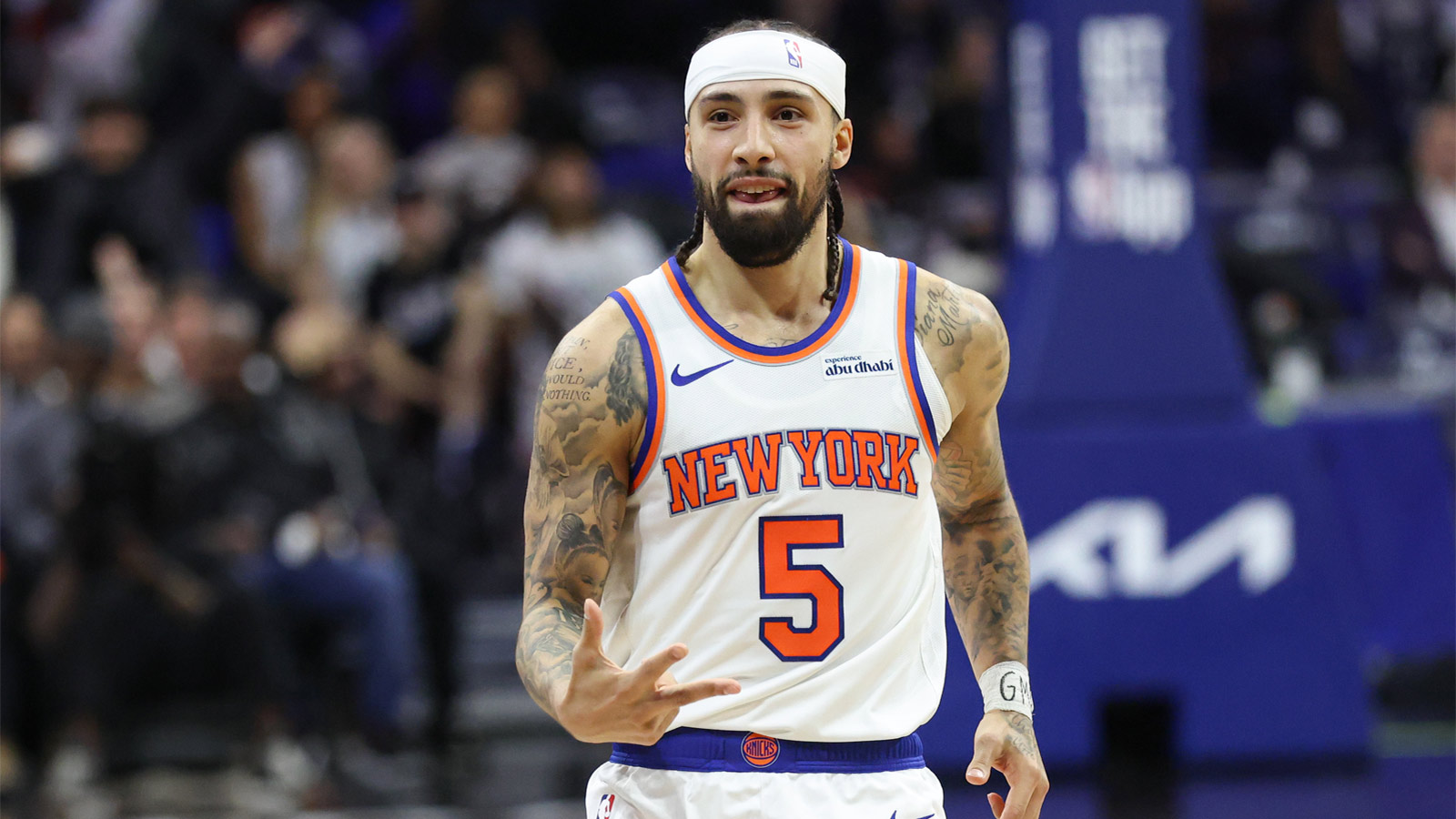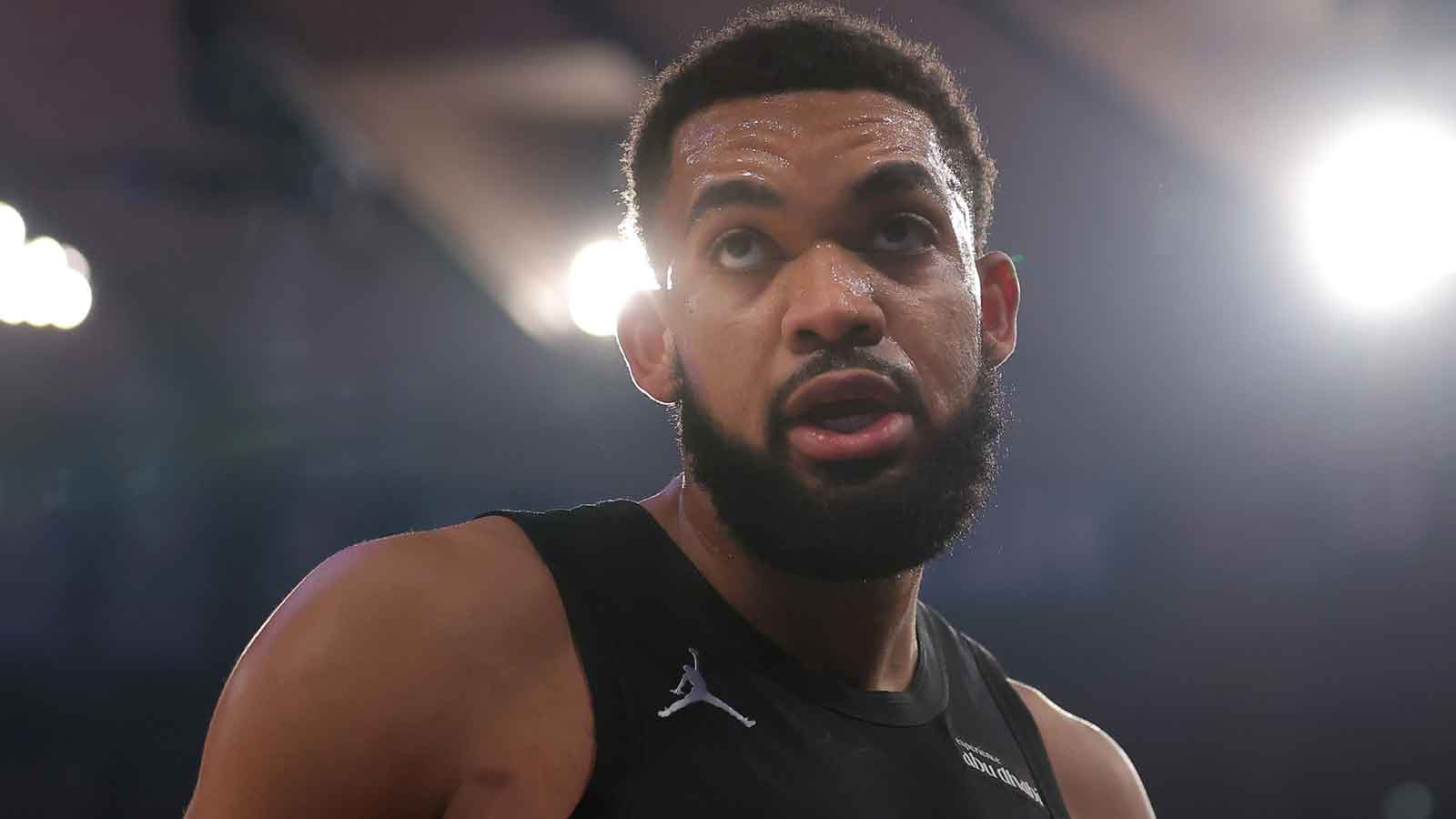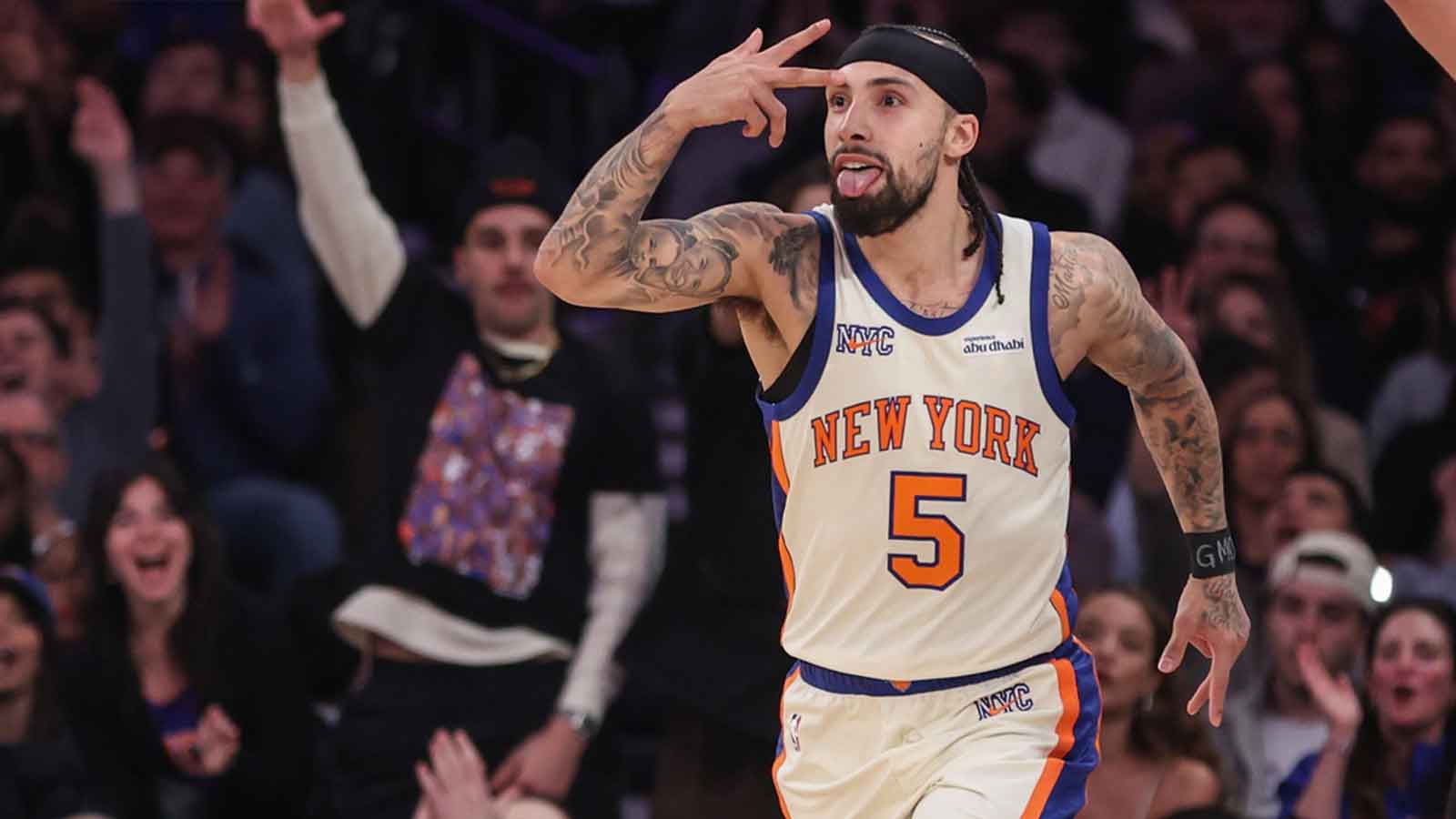The New York Knicks stand at a crossroads as they contemplate offering star forward Julius Randle a substantial $181.5 million contract extension over the next four years. This decision, pivotal for the franchise’s trajectory, hinges not just on financial calculations but also on Randle's integral role in revitalizing the Knicks and solidifying their competitive stance in the NBA.
Since joining the Knicks, Randle has been instrumental in reviving the franchise’s fortunes. His impact was immediately felt in the 2020-2021 season when he led the team to its first playoff appearance after a seven-year drought. Randle's commitment was further demonstrated in 2021 when he signed a four-year, $117 million extension, notably less than what he could have commanded, to facilitate the Knicks' acquisition of key players like Jalen Brunson in 2022. This selfless act underscored his dedication to the team's success.
The complexity of New York Knicks' contract extension for Julius Randle
As reported by Fred Katz in The Athletic, the situation regarding Randle's extension is notably complex, involving a balance of financial prudence and competitive strategy. While the Knicks' front office may harbor reservations about the long-term impacts of such a substantial financial commitment, the short-term benefits and the potential to solidify the team's core in pursuit of a championship could tilt the scales in favor of offering Randle the extension.
Randle is not just a significant player; he is a decorated one. He is a three-time All-Star and has earned recognition on the All-NBA Second Team and the All-NBA Third Team. Such accolades are not just testament to his individual skills but also to his ability to elevate team play. His caliber of performance and leadership is rare, making him a crucial asset that the Knicks would struggle to replace.
Should Randle opt to test free agency after his contract expires, he could potentially command a max contract starting at 35 percent of the salary cap, potentially reaching a five-year, $313 million deal, reserved usually for the league's elite players. Thus, securing him now, rather than risking his departure in 2025, seems a strategic imperative for the Knicks.
The financial considerations are significant. Jalen Brunson’s recent decision to take less than the maximum possible in his contract extension is an example of strategic cap management. This move keeps the Knicks below the critical “second apron” of the salary cap, granting them greater flexibility in signings and trades. If Randle were to accept the full extension, the Knicks would approach this financial threshold, limiting their ability to maneuver.
Why the Knicks Should Commit $181.5 Million to Randle
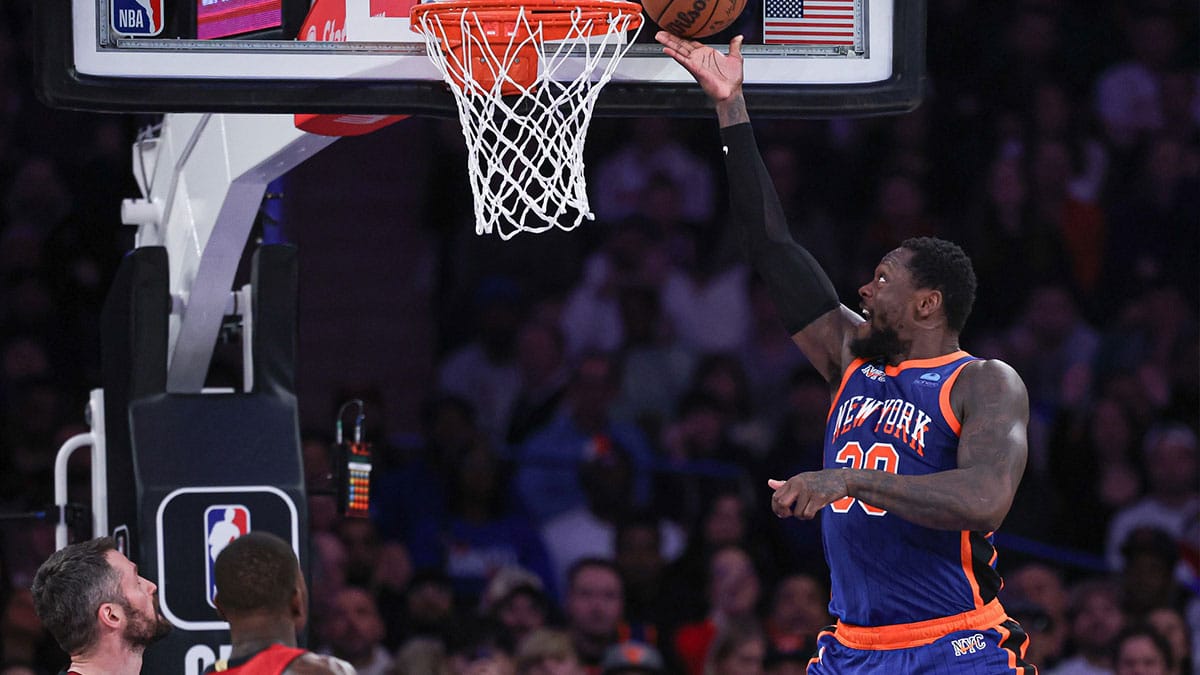
The Knicks have demonstrated a strategic approach to team building, enhancing their roster with key acquisitions like O.G. Anunoby, Precious Achiuwa, and Mikal Bridges. Additionally, they've reassembled a Villanova core featuring Bridges, Donte DiVincenzo, Josh Hart, and Brunson, significantly deepening the team's talent pool. This well-rounded and synergistic roster underscores the potential benefits of investing in Julius Randle’s future with the Knicks.
Offering him the full $181.5 million extension could provide both financial stability for Randle and a clear signal of commitment from the franchise, fostering an environment focused solely on winning championships. As the Knicks aim to capitalize on their current championship window, securing Randle's talents could be crucial. The decision remains complex, but the outcome will significantly shape the Knicks' strategy and prospects in the coming seasons.
In essence, while the financial implications of Randle’s potential contract extension are significant, his exceptional ability to lead and transform the team, combined with his impressive list of accolades, make a compelling case for the Knicks to secure his talent long-term. Considering all factors, it may indeed be best for the Knicks to re-sign him, ensuring that a foundational player remains at the core as they push toward championship contention.

